Cover image is of Triumphant Love Lutheran Church’s back meadow. Used with their permission.
by Noah Guthrie
Our Churches of Restoration program helps each of its members to integrate care for God’s creation into their life together. During our pilot year, we are working with over 20 churches from a diverse array of denominations, regions, and cultural backgrounds. Each church brings their own unique story and circumstances, and each pursues carefully chosen actions, large or small, to take a step forward to care for God’s creatures and landscapes.
This is the story of one participating church in Texas, Triumphant Love Lutheran. We will share more stories from our Churches of Restoration in the months to come. Many thanks to Mary Halaney for telling me the story of Triumphant Love’s decades-long work of creation care.
In 1977, a pair of church planters started what was to become Triumphant Love Lutheran Church in an office building in northwest Austin. The next year, the church purchased fourteen acres of hilly and forested land, much of it too steep for any church building. Since then, their story has been that of an almost fifty-year conversation with their land.
Anyone who looks through Triumphant Love’s “Care-for-Creation Covenant” will pretty quickly get a sense of their ethos: “We acknowledge God as the source of all things, Christ as the redeemer of all things, and the Spirit as the sustainer of all things. Therefore, we strive to respect all of creation as sacred…” In these short lines, environmental work becomes not only a moral calling, but an invitation to a Trinitarian ecosystem of relationships, worshiping and serving the Creator as we tend to all creation.
What can it look like, in practice, to treat creation as “sacred”? Part of what it may look like is entering a conversation with our landscapes and their species. It may look like asking, “What does the Living God – the Source, Redeemer, and Sustainer of this place – invite us to hear? And once we have listened, how might God invite us to respond?”
Trails of Triumphant Love. Image used with permission.
This dynamic is evident from Triumphant Love’s very founding. Back in the 1970s, the church’s leadership noted that most of their new property was on a forested slope. Already, the land was telling them, “Leave this part of the hill as a refuge. Leave it for the trees.”
The church could have responded begrudgingly: “Fine, keep your trees. We’ll be worshiping inside.” Instead, they found ways to honor the forest ecosystem while also making it a part of their congregational lives.
Leaving most of the slope wooded, Triumphant Love designed an outdoor worship area and trail system. They opened these trails to the community, had Boy Scouts work there, even collaborated with the Lady Bird Johnson Wildflower Center to build a “Sensory Garden,” so that children from their church’s preschool could connect with creation, too.
Sensory Garden. Image used with permission.
After the founding of their Care of Creation team in 2021, Triumphant Love has continued their conversation with the land through various projects. They hosted a series of events called “Walk in the Woods,” inviting their congregation at one point to learn about native plants from a member of the Audubon Society, and equipping them at another point to discern God’s voice in their forest through a form of prayer called “Terra Divina.”
When you start listening to creation – not just as a parable or theological proof, but as its own entity – you notice when it’s suffering. Recently, Triumphant Love’s Care of Creation team noticed what one of their leaders, Mary Halaney, called a “hell strip:” a stretch of pale, dense dirt where it looked like nothing could grow. Most of us see dead soil like this all the time, then pass it by, but Triumphant Love decided to resurrect it. Guided by their team’s Master Naturalist, they mulched, irrigated, and revived this strip of earth with native plants.
Resurrecting the soil. Image used with permission.
Sometimes, building a relationship with the land pushes us to reconcile with other humans, too. Like a lover who suddenly realizes – with some alarm – that their beloved has parents, we come to realize that the land’s history did not, in fact, begin with us, but has woven through the lives of many different families and cultures throughout time.
In the case of Triumphant Lutheran, they came to learn the stories of the indigenous nations of Central Texas. By attending the Austin Powwow in 2023 and 2024, and by inviting a Lipan Apache speaker to present to their church, they developed their understanding of the diverse cultural and political groups – now known as the Coahuiltecan and Tonkawa peoples – that inhabited the land before them. Among the stories they heard was that of the Tonkawa Trail of Tears, a forced migration of the 19th century in which Anglo-American settlers pushed the Tonkawa Tribe from Central Texas north to Oklahoma.
So, how has Triumphant Love reckoned with this knowledge? What did they do with this story of injustice they received from the land?
After three years of educating themselves about the indigenous nations of their area, Triumphant Love installed a pair of polished black signs lettered in silver – one posted at the trailhead of the woods, the other set in the ground at the church’s front entrance. Positioned as it is, the sign at the entrance looks almost like a black window, peering into the wounded heart of the earth.
Land Acknowledgement. Image used with permission.
The signs read, “We are standing on the ancestral lands of the numerous affiliated indigenous groups, bands and clans now collectively referred to as the Coahuiltecan and Tonkawa peoples.” From there, they acknowledge the “systematic elimination and forced expulsion of the indigenous peoples of Central Texas,” as well as their church’s hope that we can “learn from our past mistakes, be instruments of justice and peace for all people, and respect the dignity of all living beings.”
On December 22, 2024, Triumphant Love hosted a dedication ceremony for these two signs. Together, they remembered this story of injustice, mourned it, and aspired for something better.
Given all of their experiences of listening to creation and responding to it with compassion, Triumphant Love has offered wonderful insights to the 2024-2025 Austin Cohort of A Rocha USA’s “Churches of Restoration” program. When I asked Mary Halaney for her reflections on her cohort, she expressed her gratitude for the chance to set new goals and to connect with other denominations over creation care.
Church volunteers tending the soil. Image used with permission.
One of her team’s goals is to invite all of their church’s ministries to get involved in observing the liturgical “Season of Creation,” which runs from September 1 to October 4 each year. A second goal is to get an energy audit on their building. Though Mary said that securing that audit has been “very slow going,” she’s hoping that her team can make it happen, and that the results might help them demonstrate the feasibility of solar panels to their church’s financial team.
Mary also shared her desire to represent creation care well to those outside of the Church. “It’s important,” she told me, “especially in this day and age, for people in the community to see that there are churches that care about the earth – caring for the earth – because that’s not always the message we’re getting.”
This call to nurture God’s world will look different for different congregations. However, our hope is that all of our Churches of Restoration – whether in Texas, Tennessee, Florida, or the many states represented in our Virtual Cohort – might have the experience of listening as a community to creation. We can listen to the wooded hillside, to the barren “hell strip” in the parking lot, to the indigenous nations who loved this land before us, and we can learn how to respond with love, one conversation at a time.

Noah Guthrie serves as our Nashville Conservation Coordinator, supporting our communications team and Churches of Restoration program from his home city. In his free time, he enjoys doing yoga, reading fantasy novels, and watching wholesome British TV with his family.

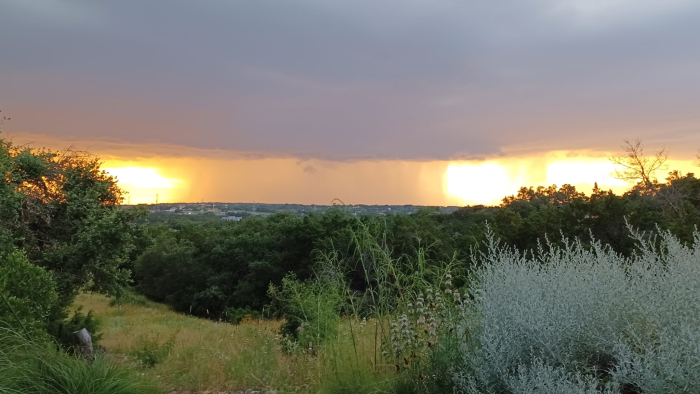
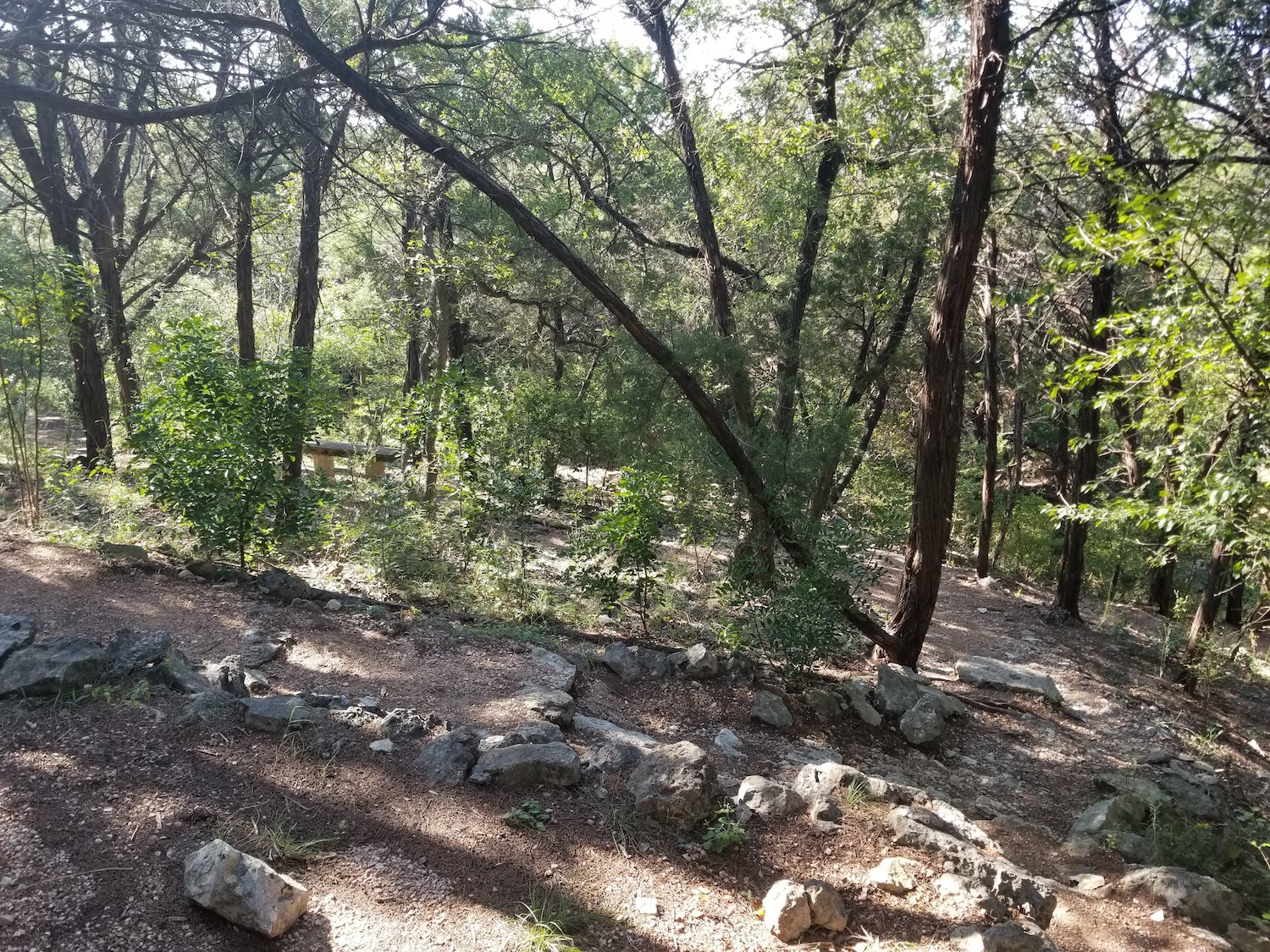
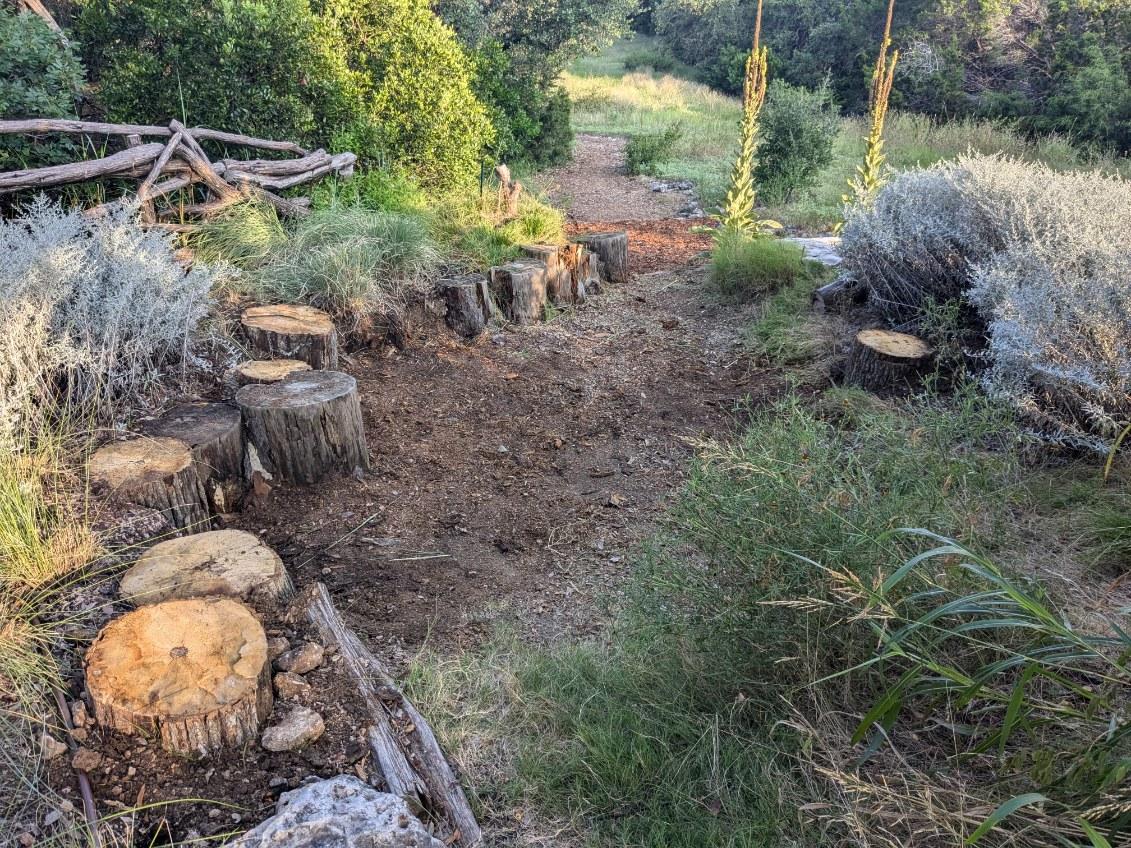
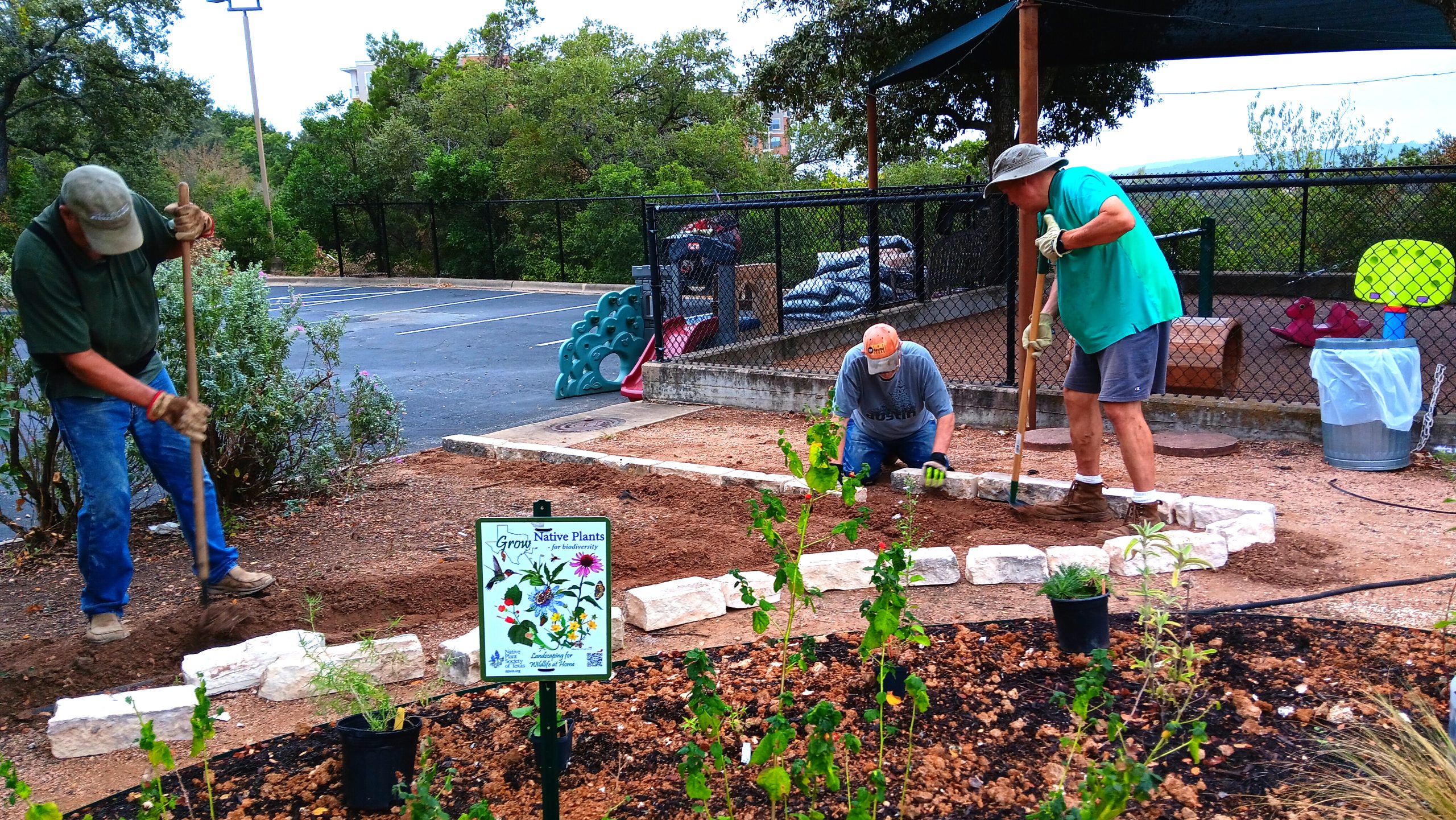
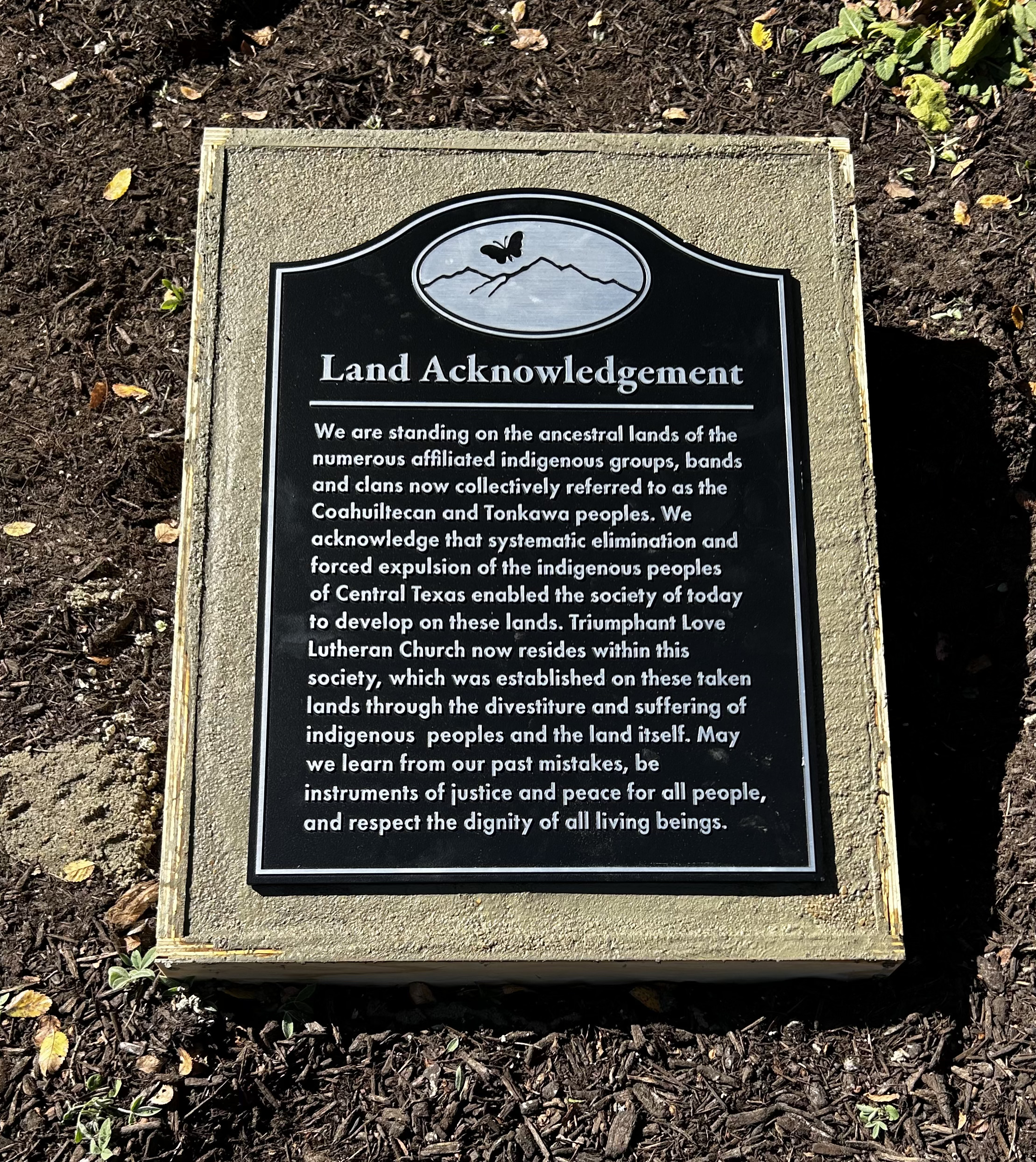
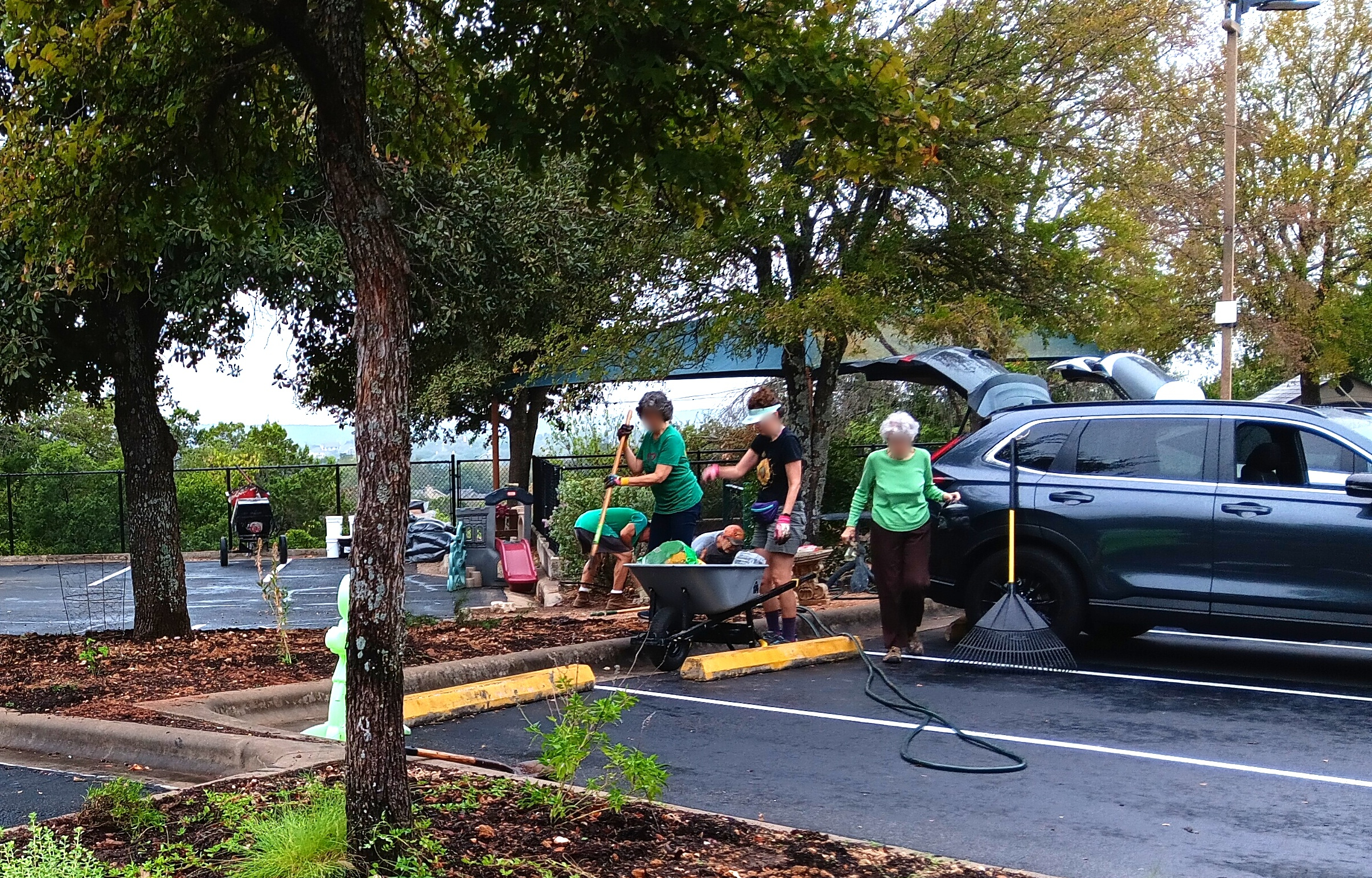







A beautiful and inspiring story about the important work that this church is doing. When I am in Austin next I hope to visit there.